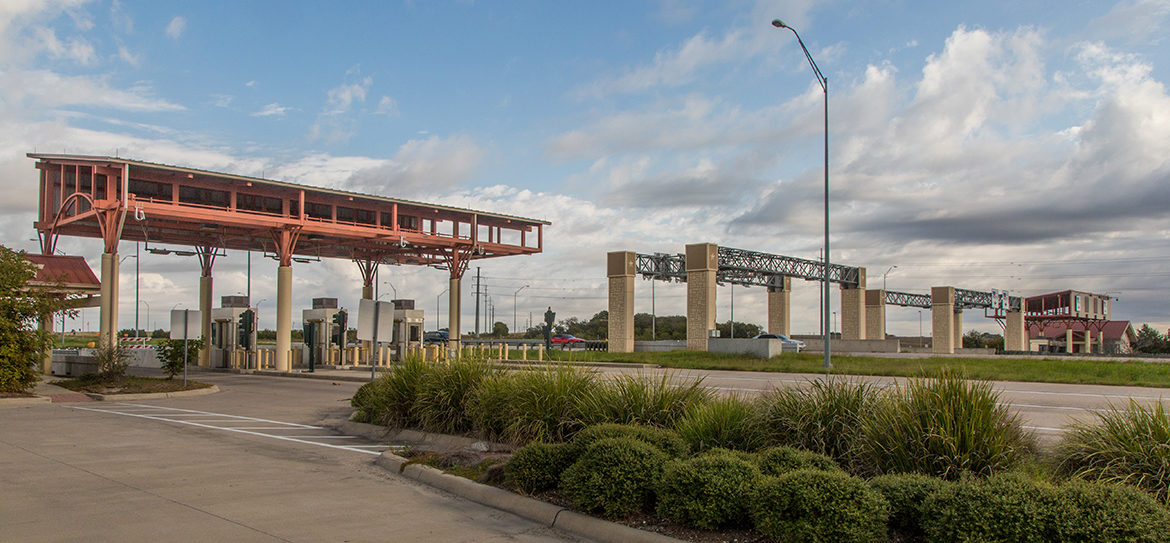Having to spend money to use toll roads and bridges is simply an inescapable reality for many trucking operations. And this reality is not going to change anytime soon – toll costs keep rising and both states and the federal government are considering increasing the number of tollways in the U.S. to help fund infrastructure improvements.
With PrePass Plus, PrePass has a tremendous amount of experience processing tolls on behalf of its customers. A new PrePass white paper shares key insights regarding why toll spending can become so high, and where extra costs are likely to occur. The paper also outlines tips to help carriers prevent spending more than necessary on tolls and related expenditures.
First, it’s important to look closely at toll violations. Not only can they happen for a variety of different reasons — from transponders read incorrectly at toll plazas to improper processing by third parties working for tolling agencies — they can also lead to a toll costing far beyond what it would normally run.
In many cases, however, toll violations and fines can either be eliminated or reduced if they are addressed in the proper manner. Fortunately, there are steps you can take if your trucking operation is caught in such a situation, and PrePass Plus can help.
Another way toll costs could be higher than necessary is when trucks are wrongly classified by tolling agencies. For example, a truck can be classified as having seven axles when it only has five, and that can result in a higher toll rate.
Case in point: One PrePass customer went two years with a transponder misclassified by a tolling agency as having seven axles when, in fact, it only had five. As a result, this company racked up more than $15,000 in toll overcharges they never saw, until PrePass stepped in.
The white paper also talks about the increasing trend of maximum tolling and so-called “plate read tolling,” which can also siphon off money from unsuspecting trucking companies and what you can do to stop it.
Plus, you will find out how more tolling agencies are using “dynamic tolling” which can lead to trucks paying 50% to 75% or more for tolls when traffic levels are at their peak.
Finally, there is the increasing problem of transponder abuse and fraud. Much like open credit cards, tolling transponders are a hot commodity for thieves and less-than-honest drivers, which can result in unsuspecting trucking fleets racking up big bills.
To get your free copy of “5 Easy Steps to Reducing Toll Costs” from PrePass just click here.
